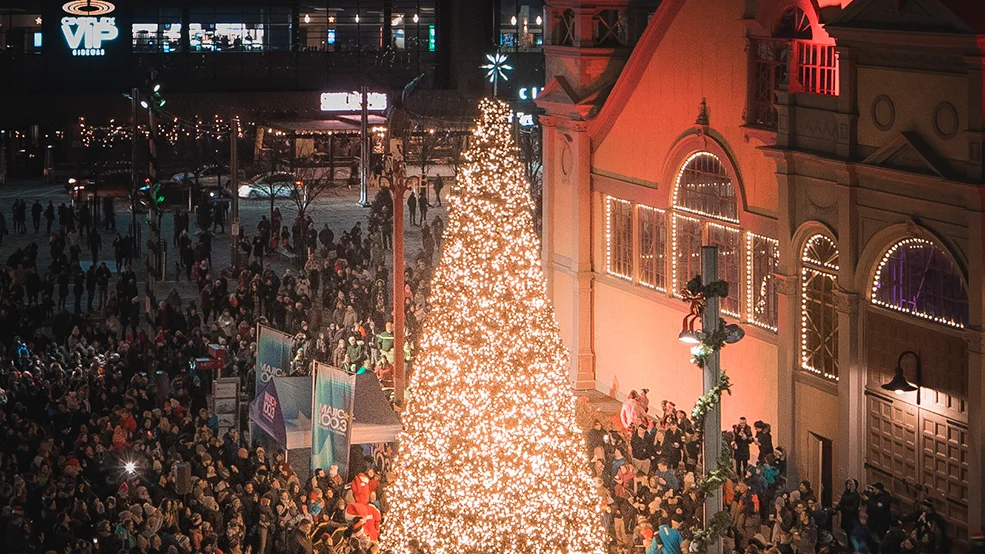Ottawa Tourism would like to congratulate the 55 businesses and organizations who received funding through the Tourism Relief Fund!
About the program
The Tourism Relief Fund (TRF) was a Government of Canada investment delivered by the Federal Economic Development Agency for Southern Ontario that provided one-time, non-repayable funding support of up to $100,000 to eligible tourism businesses and organizations in the Ottawa and Prescott-Russell region.
The program supported costs related to product development and enhancement of tourism experiences to help tourism businesses adapt to the ‘new normal’, modernize tourism offerings, and encourage the adoption of more environmentally sustainable practices. Funding also supported destination development initiatives that would position communities to take advantage of post-pandemic opportunities through strategic planning for medium to long-term investments.
Check out this video to hear more about how the Tourism Relief Fund has been able to benefit tourism in our community.




